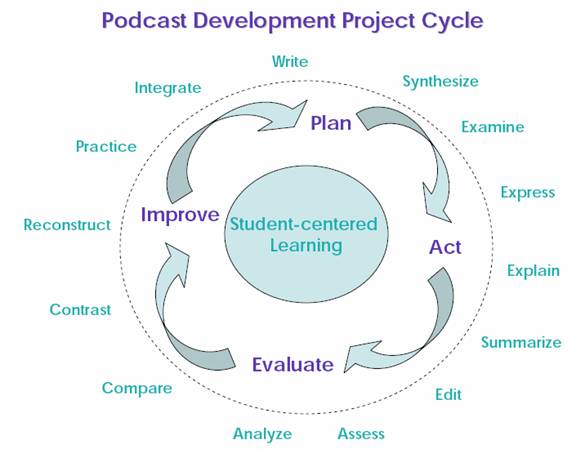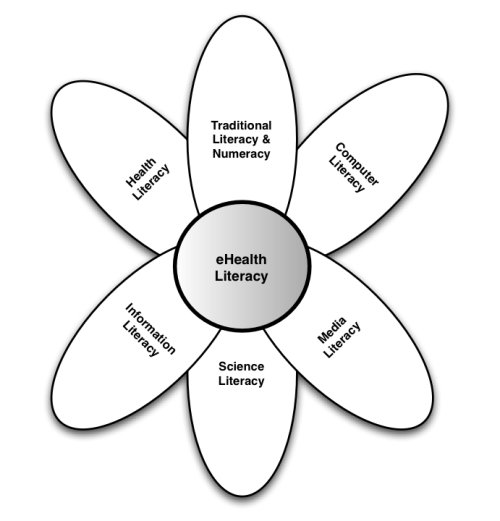I had a great conversation this morning about the value of incorporating Web 2.0 technologies into educational training programs. For many educators, blogs and podcasting are intimidating and misunderstood.
It is valuable for adult educators to understand how adults learn on the web and how technology can improve learning outcomes. Once fear is overcome and these technology educational tools become familiar, there is a transformation in the way one sees social media and the possibilities are endless!
I read a great article in Educause Review called, Confessions of a Podcast Junkie. The author shares her journey of discovering podcasting and then examines student podcast projects and lessons learned.
Most valuable as an educator was her sharing of what students saw valuable with podcasting.
For teaching and learning, the students saw concrete benefits to podcasting projects…
- They were able to get “intimate” with course material, either by relistening to course lectures and supplements or by teaching the rest of the class.
- They could showcase their projects to the rest of the community, expanding the reach of the classroom to their friends or members of the community.
- They had the opportunity to review course material during pertinent moments in the semester, such as before exams or during course projects.
- They learned new technical skills, whether they were downloading files or creating new ones.
I created the graphic below to show an example of how many learning outcomes can come from creating an audio podcast as an assignment within a course. Students get engaged and learn by experience. The creative process brings out individual authenticity.
On a personal side note – I always felt that I was challenged articulating my thoughts into words. I review and edit my audio podcasts; practicing, repeating and improving. I gained confidence and progressed. It is a cycle, because I am always striving to improve and want to get to a point when my audio conversations come naturally with less editing needed.






